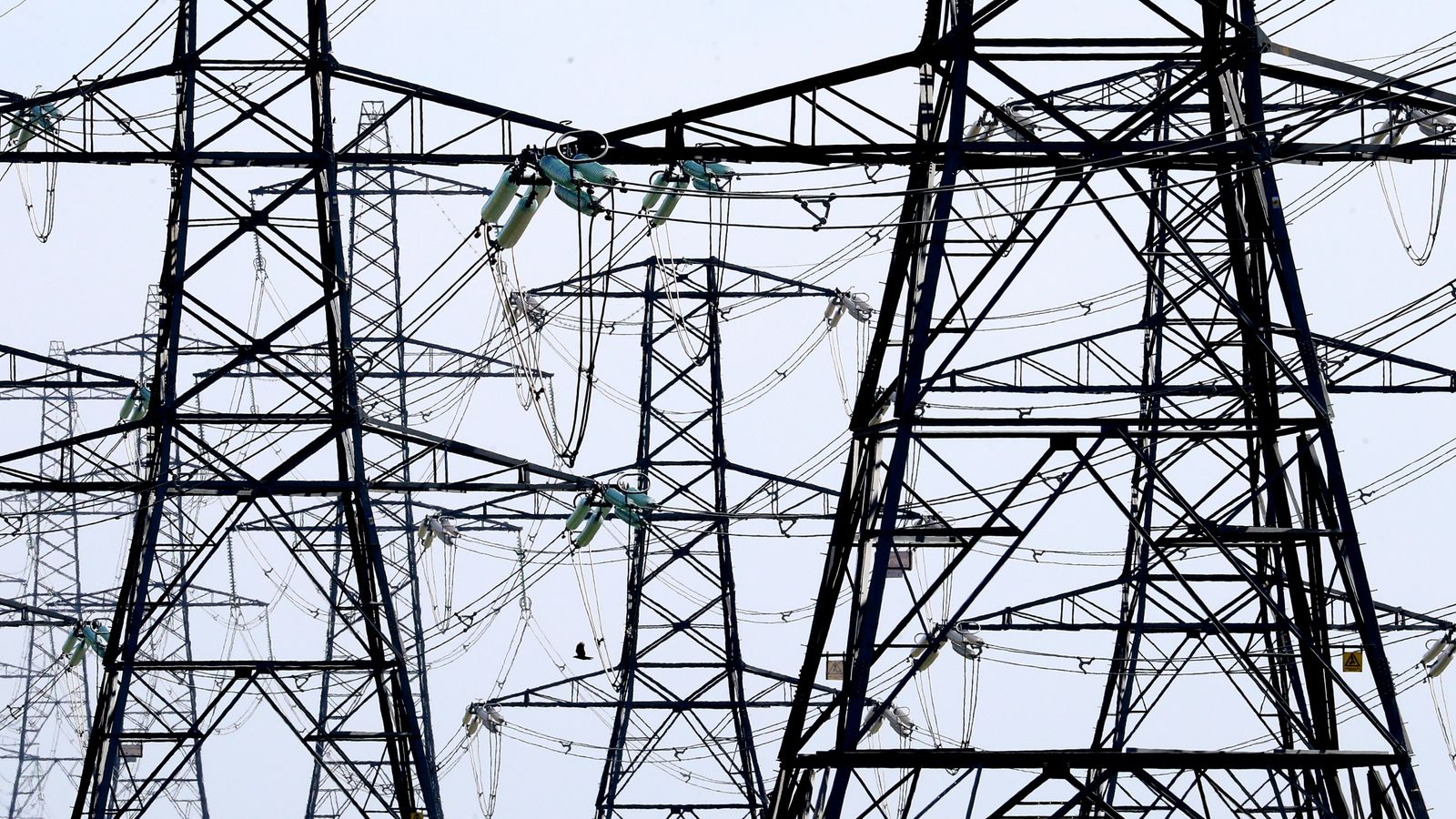Government support for business energy bills will be cut in April as the chancellor moves to reduce taxpayer exposure to the soaring cost of gas and electricity in 2023.
Jeremy Hunt told business leaders and trade groups they should expect state support to be reduced when the current support package ends in the spring, having cost an estimated £18bn.
In a meeting at the Treasury the chancellor offered no detail on what level of support will follow but made clear that any assistance would be less generous.
Sources say Mr Hunt and PM Rishi Sunak are yet to make a final decision on how much support to offer, but while they are keen to avoid a “cliff-edge” for businesses it will cost the taxpayer significantly less.
Final details will be announced in Parliament next week but businesses are expecting energy support to be reduced by around half, to remain universal rather than targeted at specific sectors, and to last for up to a year.
Business groups were expecting details of what would happen to energy support in December and were critical of a delay that impacted their ability to plan.
Most expect companies will be left with little choice but to pass on rising costs to consumers, potentially fuelling inflation that has already seen food prices rise by a record 13.3% in December, according to the British Retail Consortium (BRC).
Energy bills set to dip below energy price guarantee level from July, forecaster predicts
New cash payment to help with energy bills will begin in spring for millions, government announces
Government launches new advert with energy saving tips
Tina McKenzie, Policy Chair of the Federation of Small Businesses was critical of the lack of detail.
“Small firms are still very much in the dark on whether they’ll continue to be supported on energy bills when the current Energy Bill Relief Scheme expires in March,” she said.
“We made it clear in our meeting with the chancellor today that we can’t afford a cliff-edge scenario that would see a raft of business failures. The government must announce energy support plans as soon as soon as Parliament returns next Monday”
Helen Dickinson of the BRC said retailers needed support to be withdrawn gradually. “We want to hear that it won’t be a cliff edge in April when the current support scheme ends,” she told Sky News.
“I think there is widespread recognition that high levels of support cannot be available to everybody because that is just not affordable for the country. Finding a happy medium somewhere in between has got to be good for businesses and good for consumers, because anything that leads to costs increasing is inflation for us all as consumers.
The current support package runs for six months from last October and effectively capped the cost of electricity for businesses at £211 per megawatt hour (MWh), and electricity at £75 per MWh.
At the time electricity prices were around £320 per MWh and gas £140 per MWh, government estimated the scheme would save a pub £3,100 a month on bills and a school £4,000.
Analysts Cornwall Insight told Sky News that, based on Tuesday’s forward prices, costs will have fallen below the level of government support by the summer, with electricity at £191 per MWh and £91 per MWh for gas.
The cut in government support for business will coincide with domestic support also being reduced, with the effective cap on typical household use rising from £2,500 to £3,000.







